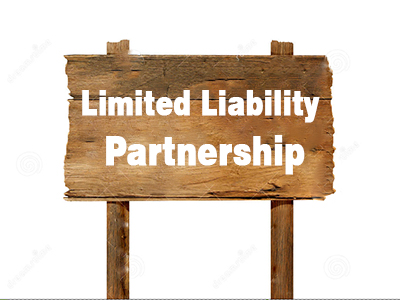Are LLP regulated
Limited Liability Partnerships (LLPs) have gained popularity among entrepreneurs and professionals for their unique blend of flexibility and protection. However, a common question arises: Are LLPs regulated?
Understanding LLPs
An LLP is a business structure that allows partners to manage the business while enjoying limited liability protection. This means that individual partners are not personally responsible for the debts and liabilities of the partnership, safeguarding personal assets from business risks.
Regulation of LLPs
Yes, LLPs are regulated by specific laws that vary from country to country and even state to state. In the United States, the regulation of LLPs falls under state law, meaning each state has its own rules governing the formation and operation of LLPs. Similarly, in the United Kingdom, LLPs are regulated by Companies House, which oversees registration and compliance.
Registration Requirements
To operate as an LLP, businesses must go through a registration process with the appropriate regulatory authority. This typically involves submitting necessary documentation, including the partnership agreement and details of the partners. Once registered, LLPs must adhere to ongoing compliance requirements, such as filing annual returns and financial statements.
Compliance and Accountability
LLPs are subject to various compliance obligations to ensure transparency and accountability. Depending on their size and nature, they may be required to conduct audits and maintain detailed financial records. Non-compliance with these regulations can lead to penalties, including fines or legal action, and in severe cases, dissolution of the LLP.
Limitations and Restrictions
While LLPs offer many benefits, there are certain restrictions. Some jurisdictions limit the types of businesses that can form as an LLP, often confining this structure to professional services like law firms, accounting firms, and medical practices.
Conclusion
In summary, LLPs are indeed regulated entities, with laws governing their formation, operation, and compliance. This regulatory framework ensures that LLPs maintain a level of accountability, protecting both the partners and the interests of stakeholders. For anyone considering forming an LLP, understanding these regulations is crucial to ensure a smooth and legally compliant business operation.
For more information visit this site: https://www.mca.gov.in
FAQs
1. Are LLPs regulate by law?
- Yes, LLPs are regulate by laws specific to each country. In many places, they must comply with corporate regulations and partnership laws.
2. Which authority regulates LLPs?
- In the U.S., state authorities regulate LLPs. In the U.K., LLPs are regulate by Companies House.
3. Do LLPs need to be register?
- Yes, LLPs must be registered with the appropriate regulatory authority in their jurisdiction.
4. What are the compliance requirements for LLPs?
- LLPs must follow certain compliance requirements, such as filing annual returns and financial statements.
5. Are LLPs subject to audits?
- Yes, depending on their size and jurisdiction, LLPs may be require to undergo audits.
6. Can LLPs raise capital like corporations?
- LLPs can raise capital, but they often do so through contributions from partners rather than issuing shares like corporations.
7. Are there restrictions on the types of businesses that can form an LLP?
- Yes, some jurisdictions have restrictions on the types of businesses that can operate as an LLP, often limiting it to professional services.
8. What happens if an LLP violates regulations?
- If an LLP violates regulations, it may face penalties such as fines, legal action, or even dissolution by regulatory authorities.
For further details access our website: https://vibrantfinserv.com/

